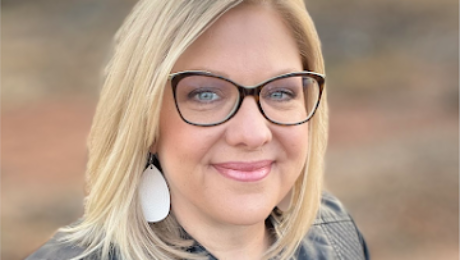An 84,000-square-foot Charlie’s Produce warehouse and office building is planned at 6505 W. 40th, in West Spokane, according to permit information on file with Spokane County.
The 7-acre site is located directly south of the Interstate 90-Geiger Boulevard interchange and less than a mile east of Spokane International Airport.
The land was purchased by Seattle-based Triple B Ventures LLC, a real property investment company, for $1.3 million in February, according to Spokane County Assessor’s Office records.
Permit information shows a construction cost of $16.9 million.
A representative of Charlie’s Produce couldn’t be reached for comment.
Site plans for the development call for the construction of 72,000 square feet of warehouse space and 12,000 square feet of office space.

The warehouse will have a 70,000-square-foot freezer and cooler combination, plans show.
The building’s tallest height is expected to be 36 feet above the finished floor. The exterior will be constructed with insulated metal panels.
About 96 paved asphalt parking spaces are planned for up to 150 employees, environmental documents show.
The facility also will have a concrete truck apron, landscaping around the building frontage, and grass along the perimeter of the site.
The structure will be built on generally flat, vacant land zoned for light industrial uses.
The Spokane office of Burlington, Washington-based Fisher Construction Group Inc. is the general contractor, permit data shows. No architect is named in permit information.
Environmental documents show construction is scheduled to begin this week and to be completed by early October 2023.
Triple B Corp., which does business as Charlie’s Produce, is headquartered in Seattle. The company has seven distribution centers, including one at 3530 E. Ferry, in Spokane’s East Central neighborhood, as well as distribution centers in Seattle; Boise Idaho; Portland, Oregon; Salt Lake City; Anchorage, Alaska; and Los Angeles.
Charlie’s Produce supplies restaurants, grocery stores, institutions, wholesalers, and the marine industry with a range of conventional, organic, and specialty produce, as well as floral items and fresh processed food, according to its website.







